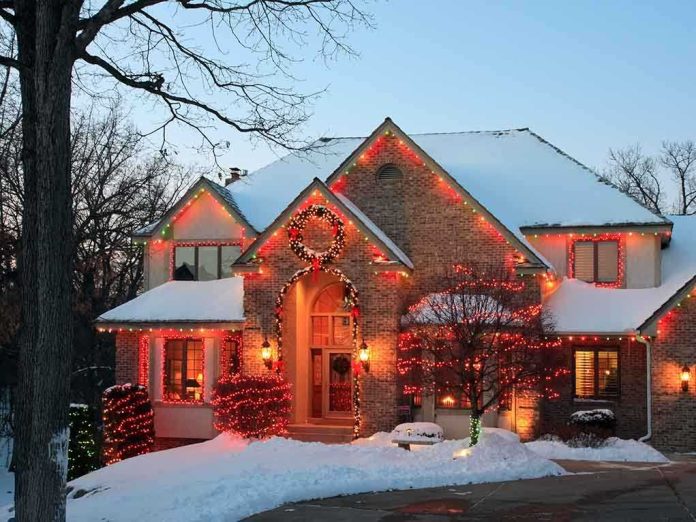
You might think your HOA’s rules are set in stone, but what if some of the most annoying ones are actually illegal—and your board is just hoping you won’t notice?
At a Glance
- Many HOA rules are invalid or unenforceable, but boards routinely try to enforce them anyway.
- States are increasingly passing laws to limit HOA authority, especially over solar panels, landscaping, and signage.
- Homeowners are winning court battles and forcing boards to roll back illegal restrictions.
- Rising HOA fees and overreach are fueling a new wave of homeowner activism and legislative reform.
When Your HOA’s Rulebook Crosses the Line
Picture this: You move into a charming, HOA-governed neighborhood because you like the tidy lawns and the pool nobody ever swims in. Fast forward six months, and you’re being told you can’t plant tomatoes, park your grandmother’s sedan in the driveway, or display a “Go Gators!” flag on your porch. But here’s the twist—some of these “rules” might be about as enforceable as a speed limit in the Indy 500. States like Florida and California lead the way in regulating HOAs, and homeowners have started to push back, challenging rules that trample on state or federal rights.
This new era of HOA awareness means you don’t have to accept every arbitrary edict that lands in your mailbox. Legal precedent is mounting against overreaching boards, especially when rules defy state laws—think solar panel bans, native plant landscaping, and restrictions on political signs. If you’ve ever felt that your HOA’s rules were just a grab bag of “because we said so,” you might be right—and the law could be on your side.
The Power Players: Who’s Really in Charge?
Let’s break down the usual suspects in this suburban drama. First, you have the homeowners—well-meaning folks who just want their investment protected and maybe a pool that’s open after 6 p.m. Next up are the HOA boards, often a mix of neighborhood busybodies and genuinely civic-minded volunteers, armed with the CC&Rs and a surprising amount of power. Property managers, hired by the board, enforce the rules—a role that sometimes makes them less popular than a rainout at a backyard barbecue.
Developers set the initial tone, crafting rules that can outlast their involvement by decades. State legislatures and the courts act as referees, stepping in when the boards get too creative. Industry groups like the Community Associations Institute argue that well-managed HOAs boost property values, but even they admit there’s a growing need for transparency and limits on board authority.
The Pushback: Lawsuits, Reforms, and the Great Fee Hike
In the past two years, the cost of living in an HOA has shot up faster than you can say “special assessment.” Inflation and rising expenses have forced 71% of boards to raise fees by up to 10%, and nearly one in five by as much as 25%. This has put a squeeze on first-time buyers and retirees alike, occasionally turning the American Dream into a monthly budgeting nightmare.
Meanwhile, states are passing laws to stop boards from playing judge and jury over things like solar panels, native landscaping, and even holiday decorations. Homeowners are taking boards to court, and a surprising number are winning. The tide is shifting: what once seemed like an impenetrable wall of HOA authority is now riddled with legal loopholes—and homeowners are learning how to climb right through them.
Why It Matters—And Where This Goes Next
The long-term impact of this HOA shakeup could be profound. Well-run HOAs still add value—sometimes boosting home prices by up to 17%. But when fees spiral or rules run wild, the opposite happens: homes linger on the market, and property values drop. More importantly, community trust erodes. Residents grow wary, board turnover increases, and activists push for reform from within. This tension between “protecting property values” and “preserving personal freedoms” is at the heart of the HOA debate—and it’s not going away anytime soon.
HOAs are evolving, whether boards like it or not. The new playbook is transparency, common sense, and respect for homeowner rights. If your board is still clinging to the old ways—enforcing rules that don’t pass legal muster—don’t be afraid to challenge them. The law, the courts, and a growing chorus of neighbors might just be on your side.
Sources:
How Does an HOA Increase Property Values?
The Impact of HOA Fees on Property Value
Property Values and Homeowners Associations



